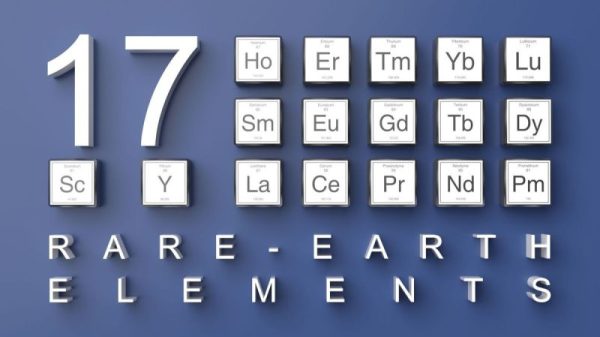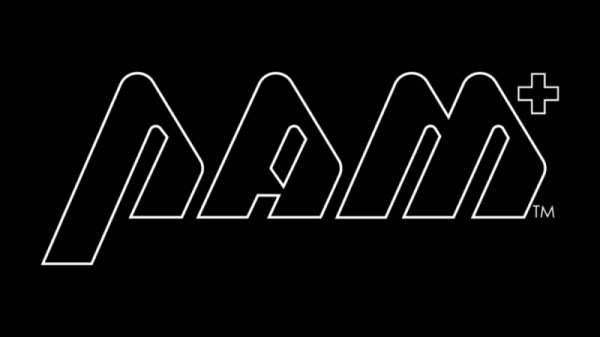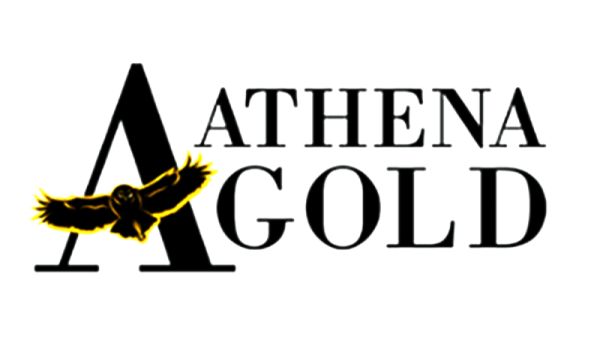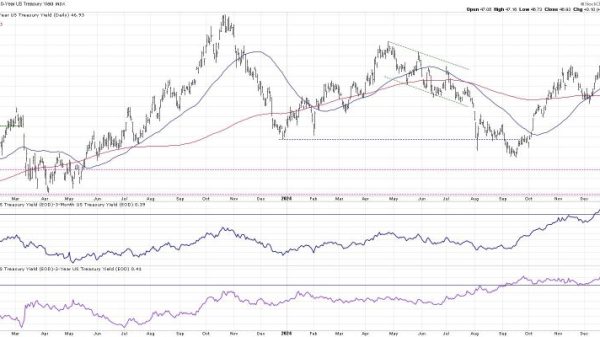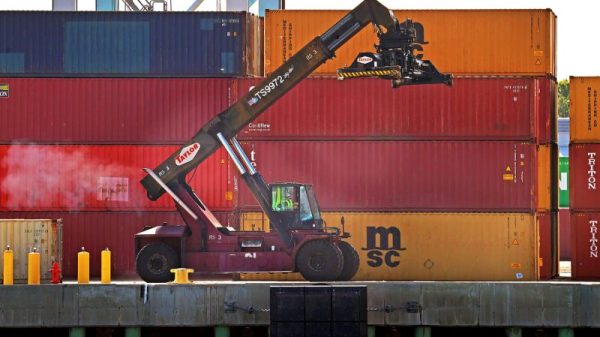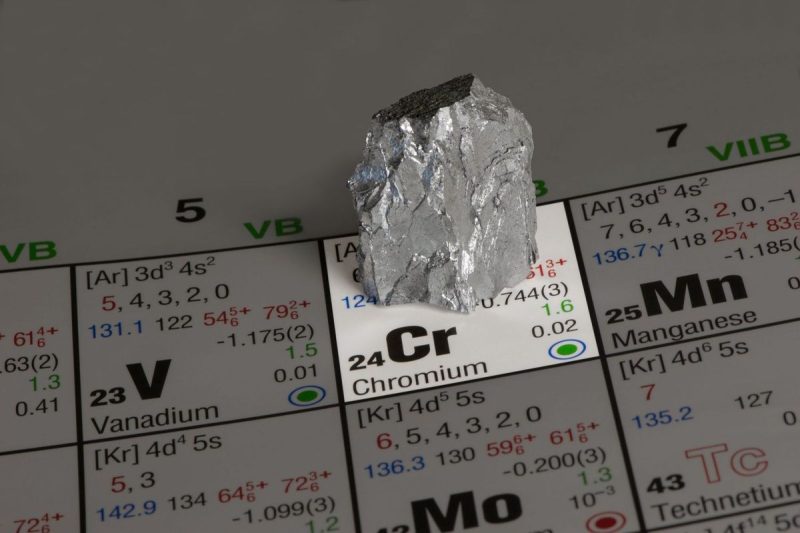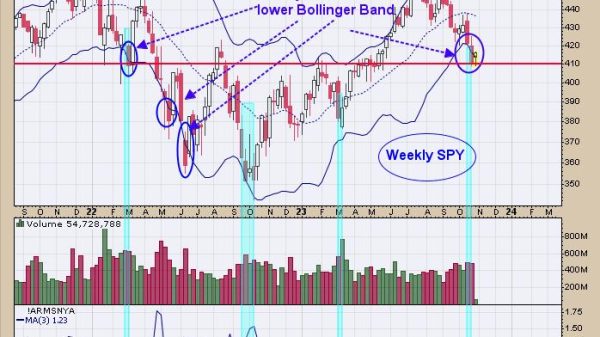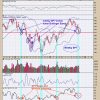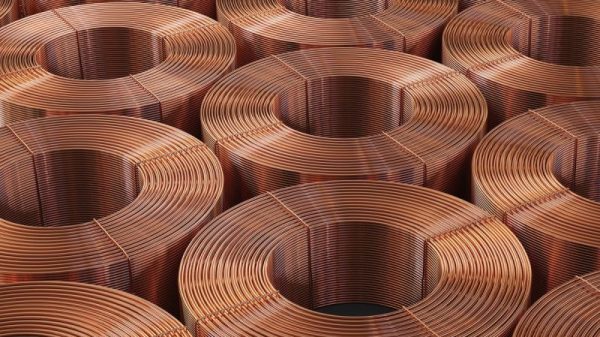Chromium is a metal for the modern age with a bright future.
It is one of the more durable metals available, and is an integral component of stainless steel, which is used in infrastructure and machinery and supports construction activity around the world. The United States Geological Survey (USGS) estimates that most stainless steel contains roughly 18 percent chromium.
Although it’s not as well known as some metals, chromium can be a compelling investment opportunity. To help those interested in the space, we’ve put together a brief guide on chromium, its supply and demand dynamics, as well as how to start investing in this industrial metal.
In this article
What is chromium?
Chromium is a hard, silvery metal that has a high resistance to heat, corrosion and decomposition. It can be highly polished and reflects much of the visible light spectrum. In fact, the name chromium comes from the Greek word for color. Chromium’s symbol on the periodic table of elements is Cr.
Not found on its own as a free metal, chromium exists in nature in a variety of minerals, including chromite, which is mined as the primary source of chromium and ferrochrome for industrial purposes.
Chromite is a crystalline mineral composed primarily of iron oxide and chromium oxide compounds. It is found in polymetallic ore deposits, typically along with magnesium, aluminum and silica. Producing chromium metal from this ore is achieved via either electrolysis or a thermal reduction process known as the aluminothermic process.
What is chromium used for?
The vast majority of chromium is used in metallurgical applications, mostly for the stainless steel sector, and it is also used for a number of applications in the chemical industries, including tanning, printing, dyeing, medicine, fuel, catalysts and oxidants.
Ferrochrome, a ferroalloy that includes iron and chromium, is added to stainless steel to harden it, and improve its corrosion resistance and appearance, which makes it especially useful in the construction, transportation and automotive industries. In the automotive industry, chromium is involved in the production of car brake pads as well as in decorative trim.
Chromium alloys are also used in the aerospace, defense, and electronics sectors. In the aerospace industry, the metal is used for protecting engine parts, landing gear, and hydraulic systems. In the defense sector, chromium is an ideal material for tanks and armored vehicles. Circuit boards are a major application for chromium in the electronics industry.
Chromium’s chemical applications use different chromium oxides that have their own unique qualities.
Chromium supply and demand trends
Much of the supply and demand trends in the chromium market are dictated by the health of the stainless steel industry. In fact, Precedence Research forecasts that the global chromium market will experience a 5.5 percent compound annual growth rate between 2024 and 2034 to reach a value of US$40.84 billion.
The firm predicts the biggest driver will be an increase in demand for stainless steel in a broad range of sectors. Looking at applications for chromium, the metallurgical segment represented 92 percent of revenue share for 2023. As for market share by material, ferrochromium represented 32 percent of the market share in 2023.
Asia Pacific garnered 50 percent of the market share in this space for the year. Precedence Research credits this to China and India’s significant growth in its industrial, infrastructure and manufacturing sectors.
“The widespread application of chromium in producing stainless steel for construction and automotive sectors, along with the rising demand for electronics, contributes to the region’s market dominance,” the research firm’s analysts stated. “Furthermore, Asia-Pacific’s pivotal role as a global manufacturing hub, fueled by economic development and urbanization, underscores its significant influence in shaping the chromium market landscape.”
In terms of supply, the majority of the world’s chromium production originates as a by-product from polymetallic mining operations in South Africa, Turkey and Kazakhstan. According to the US Geological Survey, South Africa is the top chromite producing country, with an output of 18 million metric tons of chromite in 2023, beating out the rest of the world’s chromite producers by a wide margin.
Interestingly, South Africa used to be the world’s largest producer of ferrochrome as well. However, it lost that title in 2012 to China due to power supply constraints, as chromium production requires a lot of energy. More recently, disruptions to South Africa’s electricity supply on top of rail transportation challenges contributed to a decrease of 6 percent in total chromite production compared to 2022 production levels.
Business Research Insights sees the limited availability of high-quality chromite and chrome ore reserves coupled with increasingly stringent environmental regulations over mining activities as the greatest hindrance to growth on the supply side of this market.
How to invest in chromium stocks
Chromium investing can be challenging, as there are few pure play investment choices. Many investors interested in this market choose to buy shares of publicly traded chromium companies engaged in chromite exploration and production.
Major chromite miners
Anglo American Platinum (OTC Pink:AGPPF,JSE:AMS)
Anglo American Platinum is a subsidiary of British miner Anglo American (LSE:AAL), which controls a diverse resource portfolio that includes economically important commodities such as copper, diamonds, platinum and iron ore. Anglo American Platinum owns three operating platinum group metals (PGM) mines in South Africa with chromite recovery plants on site: Amandelbult, Modikwa and Motololo.
Glencore (LSE:GLEN,OTC Pink:GLCNF)
Glencore is the world’s largest publicly traded chromite producer, and its Bushveld Complex in South Africa is responsible for much of the country’s output of the metal. Glencore also produces chromium products down the value chain via smelter. Its ferrochrome production for 2023 came in at 1.16 million metric tons.
Impala Platinum Holdings (OTCQX:IMPUF,JSE:IMP)
Impala Platinum Holdings, commonly called Implats, is another PGM producer with significant chromite production. The company holds a 46 percent stake in the Two Rivers mine in South Africa.
Outokumpu (FWB:OUTA)
Outokumpu is a global stainless steel manufacturer which owns the Kemi mine, Finland’s major chromium-producing operation. According to mining database MDO, Kemi is the only chrome mine in the European Union, and it’s set to become the first carbon-neutral mine in the world by 2025.
Tata Steel (NSE:TATASTEEL,BSE:500470)
Tata Steel is a multinational steel manufacturer based in India. The company has a ferroalloys and minerals division that includes its brand Tata Tiscrome. It also owns raw materials operations, including the Sukinda and Saruabil chromite mines in its home country.
Junior chromite miners
KWG Resources (CSE:CACR,CSE:CACR.A)
KWG Resources, which does business as the Canadian Chrome Company, is an exploration stage company with a focus on chromite assets in the Ring of Fire region of Northern Ontario, Canada. These include the Black Horse and Big Daddy projects.
Canada Nickel Company (TSXV:CNC,OTCQX:CNIKF)
Canada Nickel Company is advancing on its wholly owned flagship Crawford nickel-cobalt sulphide project located in the Timmins-Cochrane mining camp of Ontario, a hotbed for chromium in North America. The company plans to establish a stainless steel and alloy production facility to process the nickel-chromium magnetite concentrate from the Crawford nickel project to produce alloy products for the stainless steel market.
Future Metals (ASX:FME,LSE:FME)
Future Metals is an exploration company that is advancing its wholly owned Panton PGM-nickel-chromite project in Western Australia. The company plans to produce a PGM concentrate and a chromite concentrate from the site.
Panton has a JORC-compliant mineral resource estimate of 92.9 million metric tons at 1.5 grams per metric ton PGMs, 0.2 percent nickel and 2.7 percent chromium oxide for contained metal totaling 2.16 million ounces palladium, 1.95 million ounces platinum, 185,000 metric tons nickel and 2.8 million metric tons chromium oxide.
Securities Disclosure: I, Melissa Pistilli, hold no direct investment interest in any company mentioned in this article.

